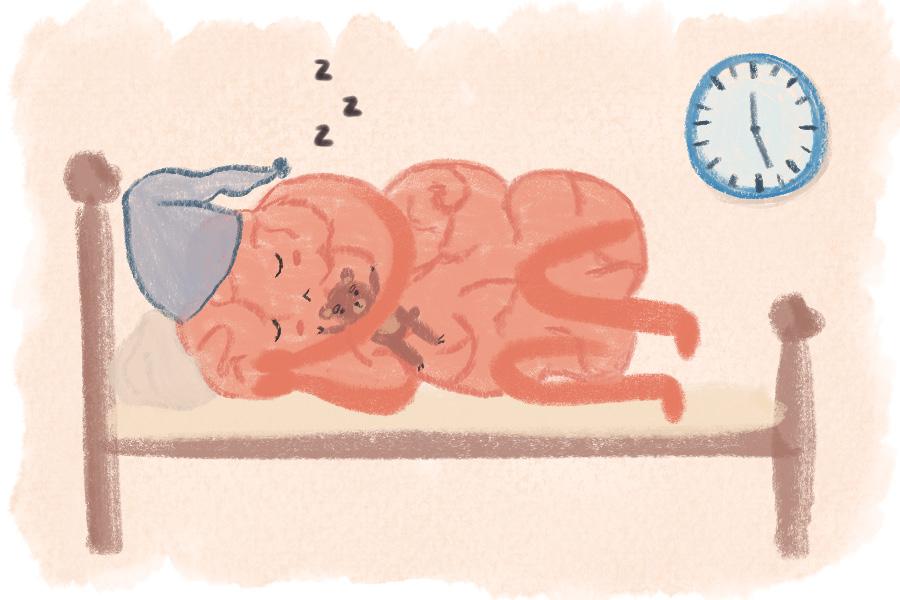
1 minute read
Honors college Dean retires
from The Mercury 12 06 21
by The Mercury
After 23 years as the Director of the Collegium V Honors Program and seven years as dean of the Hobson Wildenthal Honors College, Edward Harpham will be stepping down from his administrative post, effec tive January 1. Harpham, a political science professor, will be taking a year-long sabbatical, after which he intends to return to the University in a faculty position. Douglas Dow, current associate dean of the Honors College, will assume the position of Interim Dean of the Honors College while the University conducts a national search for a permanent replacement.
“I’m excited to be turning things over to [Dow]; it couldn’t go to a better person,” Harpham said. “This is a personal decision, for family reasons, but I’m very excited because we’ve got to keep building this program, and it’s good for a new generation to take over that project. The Honors College was created to promote excellence across the board at the University. We’ve got a good base to build from, and I hope it continues to grow. And Dow is a great person to be leading that. There’s a lot of changes coming, and I think they’re pretty exciting.”
Advertisement
The Mercury tracked Student Government’s progress with President and political science senior Ryan Short’s and Vice President and business administration sophomore Imaan Razak’s campaign promises. The following is our breakdown:
Promise 1: Uplift student concerns around UTD’s continued COVID-19 response Update: - Met with UTD administration to address student concerns over inaccuracies in COVID-19 cases on UTD’s COVID-19 dashboard at the beginning of the fall semester. Dashboard was updated with accurate COVID-19 case data. - Met with the Dean of Students
Office, which handles contact tracing, to discuss student concerns around testing, vaccination numbers and general COVID-19 updates. - Passed de-densification, attendance policy, seating chart and lecture recording resolutions centering around the classroom response to COVID-19. Polled students for de-densification and classroom policy resolution to gauge desire for extending de-densification and student health concerns with in-person instruction, of which the majority voted in favor of de-densification and expressed health concerns with face-to-face lectures.
The resolutions ultimately did not pass through the Academic Senate to be implemented into the University.
Promise 2: Strengthen SG’s commitment to student advocacy










